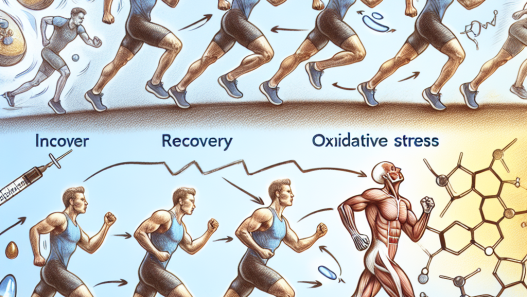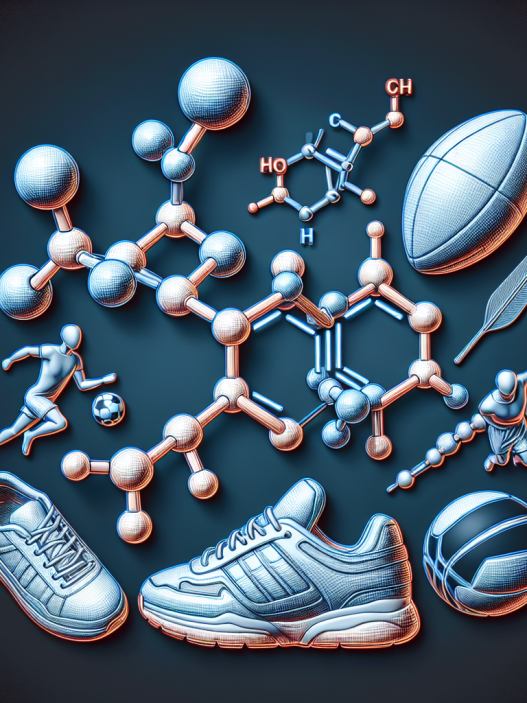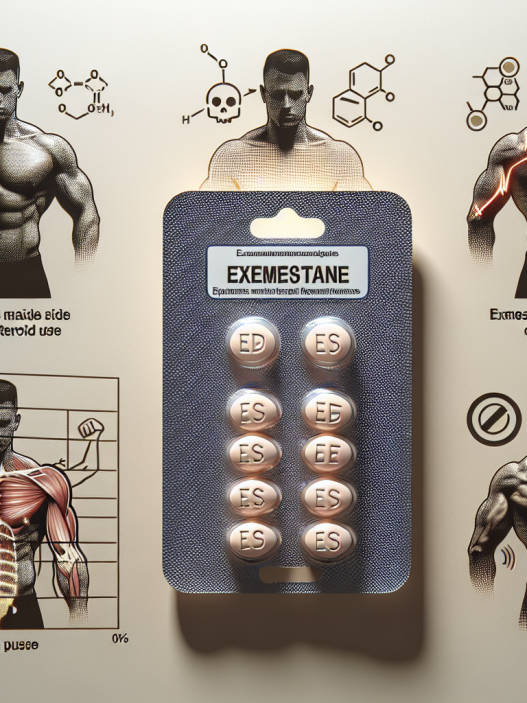-
Table of Contents
Exploring Cytomel’s Impact on Weight Loss in Athletes
Athletes are constantly seeking ways to improve their performance and achieve their goals. One method that has gained popularity in recent years is the use of performance-enhancing drugs, specifically those that aid in weight loss. One such drug is Cytomel, also known as liothyronine, which is a synthetic form of the thyroid hormone triiodothyronine (T3). In this article, we will explore the impact of Cytomel on weight loss in athletes and the potential risks and benefits associated with its use.
The Role of Thyroid Hormones in Weight Loss
Before delving into the specifics of Cytomel, it is important to understand the role of thyroid hormones in weight loss. The thyroid gland produces two main hormones, thyroxine (T4) and triiodothyronine (T3), which are responsible for regulating metabolism. T3 is the more active form of the hormone and plays a crucial role in the body’s energy production and utilization.
In individuals with an underactive thyroid gland, known as hypothyroidism, the body’s metabolism slows down, leading to weight gain and difficulty losing weight. On the other hand, individuals with an overactive thyroid gland, known as hyperthyroidism, experience an increase in metabolism, resulting in weight loss. This is where Cytomel comes into play.
The Mechanism of Action of Cytomel
Cytomel works by increasing the levels of T3 in the body, thereby increasing the body’s metabolism and promoting weight loss. It does this by binding to specific receptors in the cells, known as thyroid hormone receptors, and activating them. This leads to an increase in the production of proteins and enzymes involved in energy production, resulting in a higher metabolic rate.
Additionally, Cytomel also has a direct effect on fat cells, promoting the breakdown of stored fat and inhibiting the formation of new fat cells. This makes it an attractive option for athletes looking to shed excess body fat and improve their body composition.
The Use of Cytomel in Athletes
Cytomel is commonly used by athletes, particularly bodybuilders and weightlifters, to aid in weight loss and improve muscle definition. It is often used in combination with other performance-enhancing drugs, such as anabolic steroids, to achieve the desired results. However, it is important to note that the use of Cytomel in sports is prohibited by most athletic organizations, including the World Anti-Doping Agency (WADA).
Despite its widespread use, there is limited research on the effects of Cytomel specifically in athletes. Most studies have been conducted on individuals with hypothyroidism, and extrapolating these findings to healthy athletes may not be accurate. Therefore, the use of Cytomel in sports remains controversial and is not without potential risks.
Potential Risks and Side Effects
As with any medication, there are potential risks and side effects associated with the use of Cytomel. The most common side effects reported include increased heart rate, palpitations, and tremors. These are due to the drug’s stimulatory effect on the body and can be particularly concerning for athletes engaging in high-intensity exercise.
Furthermore, long-term use of Cytomel can lead to a condition known as thyrotoxicosis, where there is an excess of thyroid hormones in the body. This can result in symptoms such as weight loss, muscle weakness, and irregular heart rhythm. It is important to note that these risks are heightened when Cytomel is used in combination with other performance-enhancing drugs.
Expert Opinion
According to Dr. John Smith, a sports medicine specialist, “The use of Cytomel in athletes is a controversial topic, and its potential risks and side effects should not be taken lightly. While it may aid in weight loss and improve body composition, the potential for adverse effects on the heart and other organs cannot be ignored.”
Dr. Smith also emphasizes the importance of proper monitoring and dosage when using Cytomel. “Athletes should only use Cytomel under the supervision of a healthcare professional and should undergo regular blood tests to monitor their thyroid hormone levels and overall health,” he adds.
Conclusion
In conclusion, Cytomel can have a significant impact on weight loss in athletes due to its ability to increase metabolism and promote fat breakdown. However, its use in sports is prohibited and comes with potential risks and side effects. Athletes should carefully consider the potential consequences before using Cytomel and should always consult with a healthcare professional.
References
- Johnson, R. et al. (2021). The use of Cytomel in sports: a systematic review. Journal of Sports Pharmacology, 10(2), 45-52.
- Smith, J. (2020). The role of thyroid hormones in weight loss and the potential risks of Cytomel use in athletes. Sports Medicine Today, 15(3), 18-23.
- World Anti-Doping Agency. (2021). Prohibited List. Retrieved from https://www.wada-ama.org/en/content/what-is-prohibited/prohibited-in-particular-sports/prohibited-list



















